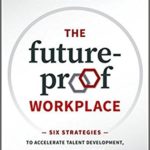 Let go of what was, embrace the uncertainty of what is, and uncover what might be
Let go of what was, embrace the uncertainty of what is, and uncover what might be
Summary & Ideas for Action
Dr. Linda Sharkey and Morag Barrett, co-authors of The Future-Proof Workplace, share their views on how the industrial revolution left us with the broken and toxic workplaces we see today. Virtual enterprises and aspirational millennials do not thrive under command-and-control leadership. Linda and Morag talk about how a culture of curiosity, learning, diversity, growth, and purpose can future-proof the workplace to lend purpose and power to individuals and teams.
[5:40] Linda explains that the rules of industry were designed for an era with different values and beliefs, such as the belief that people need to be controlled and managed to achieve their goals. The manual manufacturing environment is replaced by automation. ‘Command and control’ is still seen in the office. Linda would rather see ideas put in place to help people be the best they can be, and contribute fully.
[9:59] Linda comments on command and control. She considers the pressure to produce and sell, which has been present since the Great Recession, causes leaders to revert to the default style of command and control to meet high-pressure deadlines.
[16:09] Linda says more books are written on leadership than any other topic. Leadership has been an issue for thousands of years. The style of leadership that is engaging, focused on development and on the individuals you are leading, with heart, has always been successful. People have tolerated command and control, but changed conditions and technology have made it unsustainable for this century.
[17:41] Linda considers how current massive changes may cause us to step back and ask how can we really get to that place we’ve all been talking about for the last 50 years, of belonging, of diversity, with a culture that values people, and makes them feel they can participate and innovate, and feel appreciated. Things will never be as they were in the 1960s, so embrace the change and transform along with it.
[20:11] Morag studied authors Christophe Morin, Sebastian Junger, and Robin Dunbar for her first book, on the importance of professional relationships. Technology gives us an illusion of connection, but social media friends are not friends to call on in an emergency. The neuroscience of what makes us human — how we work together, is important. Morag cites Daniel Pink on autonomy, mastery, and purpose.
[23:02] Linda stresses the importance of purpose. Purpose needs to be the rallying cause. People get much more excited about what they’re doing, when thinking from a purposeful perspective. Deep down, people do want to help other people, and want to make and do things that will make a difference and leave a legacy.
[24:56] Connection and empathy are basic principles. Morag suggests pausing to check in, and connect, before you dive into the project. Relationships are critical to success in the 21st century. Linda says technology gives us information very quickly, but the emotional connection, and feeling of a relationship is what makes a difference to people. Google research shows that the best teams care about each other.
[34:18] Morag says leaders today need to have these conversations: what culture do we have on this team, what are our rules of engagement, and how are we working together? Start creating a language and framework that effects change, at your level of influence, if you are not in the C-suite. There will be a ripple effect to the rest of the organization.
[39:17] Deal humanely with people that don’t produce. But saying that a certain percentage will be cut is toxic. Look at your strategy, and look at your people. Who has the skills now to move the strategy forward, who needs development, and who would work better in another area, or at another company? Keep the workforce vital, to deliver on the strategy. Dump the rules, and grow people with the company.
[43:49] Morag shares case studies. They helped someone pivot from the mindset of a treadmill career track to a portfolio career, where the same skills performed a different role, and provided empowerment and fulfillment. Linda and Morag helped a team move past the way it has always been done, to an innovative, influential solution. Linda and Morag helped an organization find hidden talent in-house.
[47:18] Linda shares a cultural transformation story of a Canadian division of a global company. With six months of serious effort, they really changed how leadership acted, and how they were interacting with the company. They measured the results with psychometric tools. Over a year, they were able to turn the culture around to become a star division in the company. Use science, not hunches, to make changes.
a special 40% discount on Linda and Morag’s book
How to contact Linda & Morag:
Linda Sharkey | Morag Barrett |
“I brought Marshall Goldsmith into GE … and he instituted measuring the impact of coaching on leaders’ effectiveness.” — Linda Sharkey
“It seems that the rules were designed for a different era — an era that had a whole different set of values and beliefs.” — Linda Sharkey
“We have people that still operate in a command and control style of leadership, … to make sure people comply.” — Linda Sharkey
“Why are we so focused on memorization and textbook learning depth, when what I really need is critical thinking skills?” — Morag Barrett
“It takes a lot of energy on the part of a leader to really reflect about who they are and the kind of leader that they want to be.” — Linda Sharkey
“We’re no longer part of a local talent pool within one city … or one country. We’re part of the global talent pool.” — Morag Barrett
“Leadership, which is more engaging … more focused on the individuals … leaders like that have always been successful.” — Linda Sharkey
“We know we were supposed to develop a diverse workplace. We know we haven’t, at the top of the house.” — Linda Sharkey
“You can never go back to the way things were in the 1960s. It will never happen. So you might as well embrace the change.” — Linda Sharkey
“This whole neuroscience … and how we work together and how we collaborate, becomes even more important.” — Morag Barrett
“I love the work of Dan Pink, around the autonomy, mastery, and purpose.” — Morag Barrett
“When people do think from a purposeful perspective, neuroscience shows that their brains light up. They get much more excited.” — Linda Sharkey
“What helps you be innovative is unleashing that creativity. People do figure things out.”
— Linda Sharkey
“We have no idea what [jobs will be there tomorrow]. So we’ve got to keep a vital, curious, learning organization in place.” — Linda Sharkey
“Telling people that they’re only partially good doesn’t create that excitement for curiosity and learning.” — Linda Sharkey
“We need to let go of what was, embrace the uncertainty of what is, to then uncover what might be.” — Morag Barrett
Bios
 Dr. Linda Sharkey is the author of The Future-Proof Workplace and a trusted
Dr. Linda Sharkey is the author of The Future-Proof Workplace and a trusted
transformational expert, author, speaker, and global leadership development coach.
Through her programs and no-nonsense approach, she helps create high-potential leaders and shapes company culture. Linda has deep experience working with Fortune 50 companies, and held senior human resource executive positions at Hewlett-Packard and at GE Capital.
Her co-authored book Winning With Transglobal Leadership was named one of the top 30 best business books for 2013.
Dr. Sharkey is a founding member of the Marshall Goldsmith Group, and an inspiring keynote speaker at many global events, including the Global HR Academy with the Conference Board and the World Human Resources Development Conference, where she was honored with the “Super Women Achievement Award.”
 Morag Barrett is the author of The Future-Proof Workplace and Cultivate: The Power of Winning Relationships. She is also the founder and CEO of SkyeTeam, an international HR and leadership development company.
Morag Barrett is the author of The Future-Proof Workplace and Cultivate: The Power of Winning Relationships. She is also the founder and CEO of SkyeTeam, an international HR and leadership development company.
With a background in corporate banking, Morag brings a pragmatic perspective to her work with forward-thinking organizations, from start-up to FTSE 100 and Fortune 100 companies. She is a regular contributor to Entrepreneur.com, CIO.com, and the American Management Association.
Prior to founding SkyeTeam, Morag held leadership positions at Level 3 Communications, and NatWest Bank where she advised international organizations on their corporate strategy and growth plans. Originally from the UK, she has experience working with more than 3,000 leaders in twenty countries on four continents.
These are the books mentioned in Linda and Morag’s podcast.

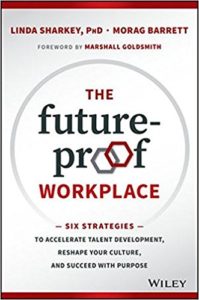

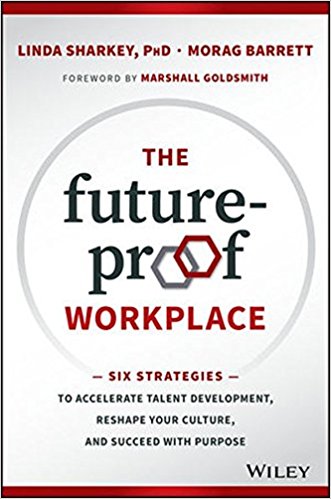

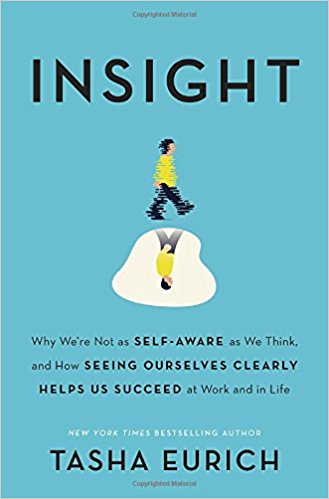
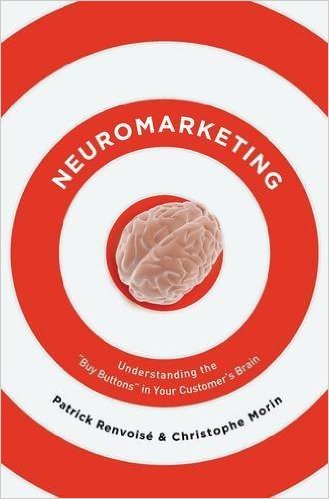
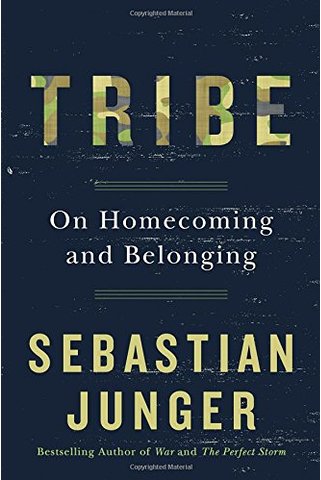
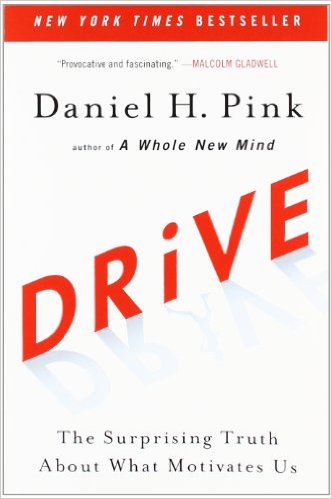
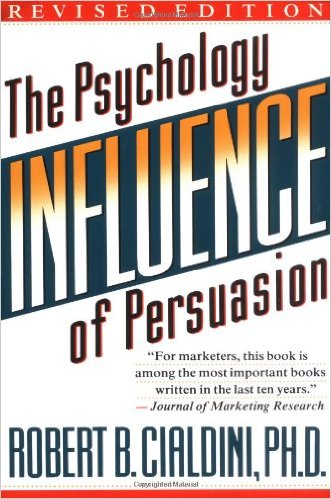


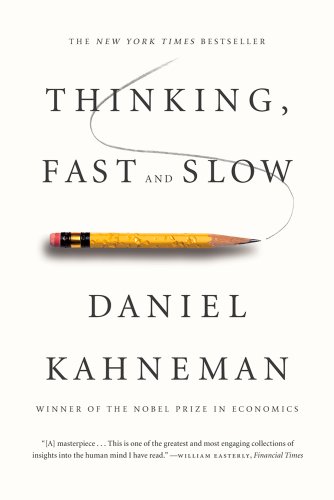
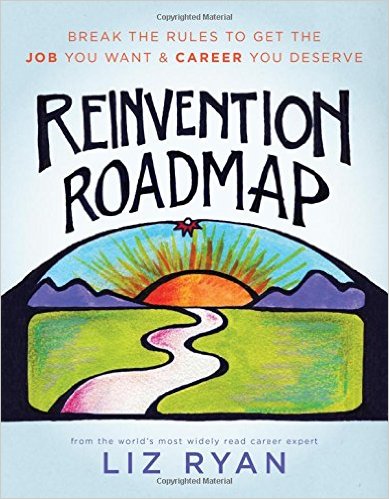
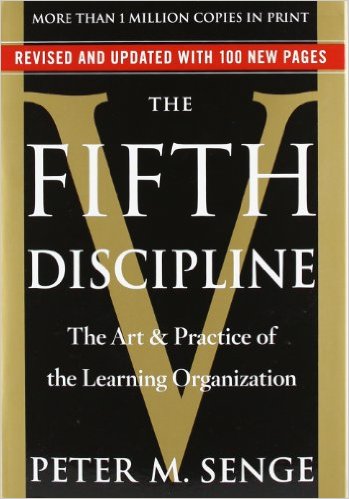
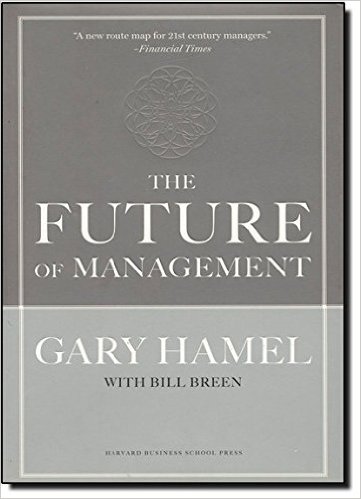
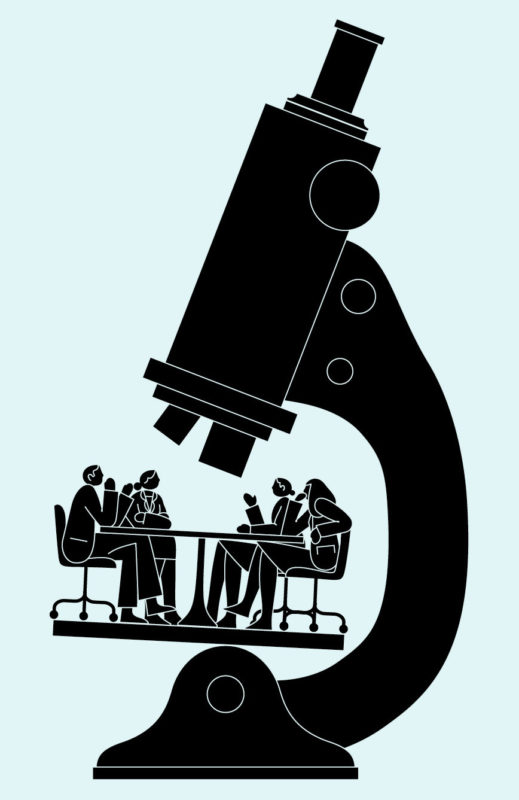
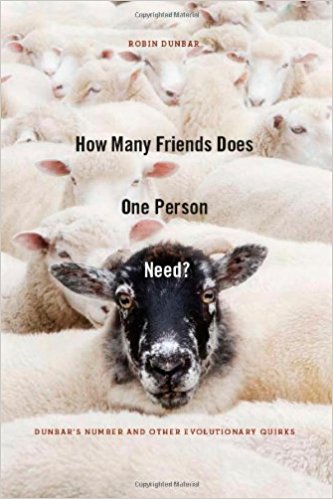
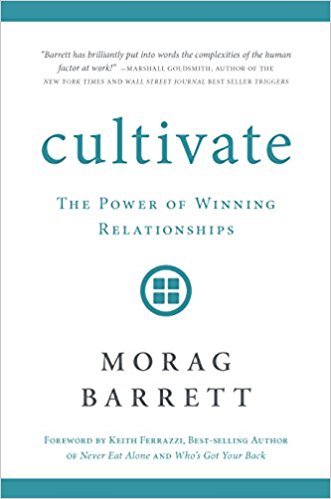
Recent Comments